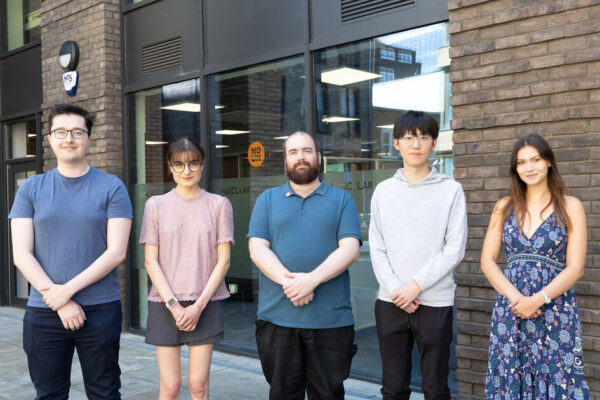Pfizer recently announced the results of its CIFFREO Phase 3 clinical trial. This was a global, randomised, placebo-controlled, double-blind study that aimed to assess if fordadistrogene movaparvovec is safe and effective for use in boys with Duchenne muscular dystrophy (DMD) aged four to seven.
Pfizer gene therapy fails to meet primary and secondary objectives in Phase 3 clinical trial

What was the study for?
Fordadistrogene movaparvovec is a potential gene therapy for people with DMD that delivers a version of dystrophin gene, called mini dystrophin, into muscle cells.
The results show the study failed to achieve its main objective (also known as endpoint), which was to demonstrate a significant difference in motor function measured by a change in the NSAA (NorthStar Ambulatory Assessment) score. Likewise, the study failed to achieve its secondary endpoints – the ten-metre run/walk velocity and time to rise from floor velocity.
What does this mean for people in the UK?
We’re currently waiting for further information from Pfizer, and any relevant details will be shared in due course.
Duchenne muscular dystrophy is a rare muscle wasting condition that mainly affects boys and men. People with Duchenne lack a protein called dystrophin, which is required to maintain the strength of muscles.


